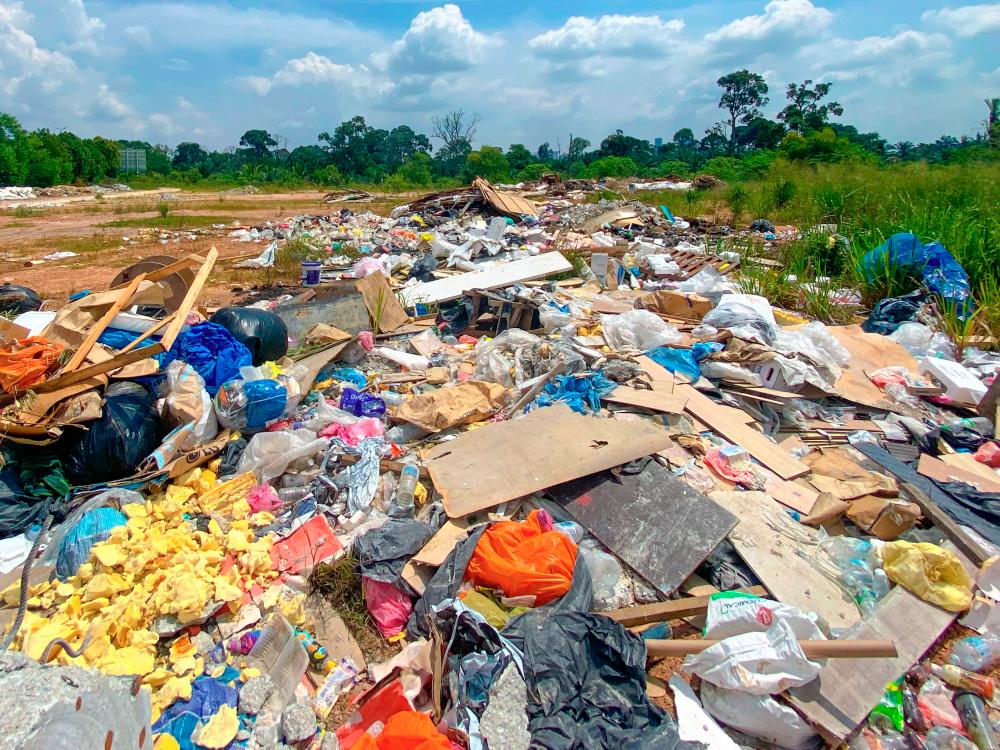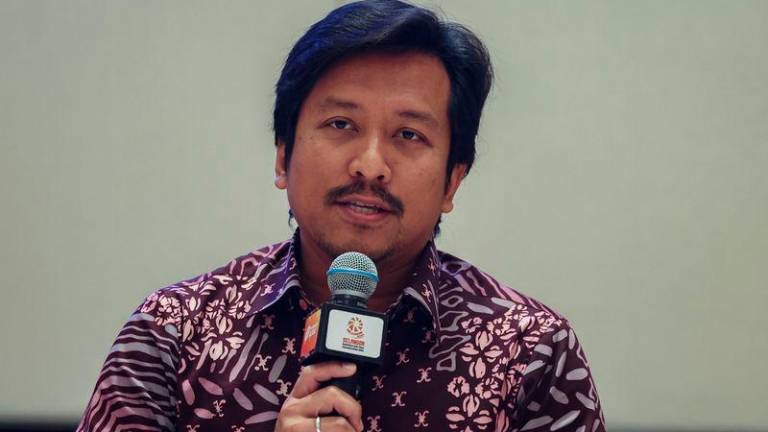PETALING JAYA: Manpower shortage and factories disposing waste material on land that is outside the jurisdiction of local councils are among factors contributing to the existence of illegal dumpsites, said Klang Municipal Council Environmental Services Department director Zaireezal Ahmad Zainuddin.
He was commenting on a report stating there were more than 400 illegal dumpsites in seven states, with some quarters blaming local councils for the situation.
Zaireezal said illegal dumping were usually done on land owned by the state and federal governments and private land, where there was minimal monitoring.
He added that there were about 20,000 factories in Klang, including illegal ones and those that were in the process of applying for operating permits.
“Factories that are licensed follow procedures for dumping waste correctly. However, those that are illegal would usually dispose their waste wherever they can, including on reserve land late
at night.
“The issue is that local councils cannot clear waste that is on land (not under its jurisdiction). But if the (landowners) ask for our help, we can lend a hand.”
Zaireezal said from 2019 until June this year, 267 lorries have been held for illegal dumping. They are usually kept for at least a month and the owners fined a maximum of RM1,000, excluding other charges.
Other than illegal dumping from factories, daily waste from shops and restaurants also contribute to the problem.
He said the council regularly sends notices to shops and restaurant owners to provide a bin to dispose their rubbish as it is cleaner and easier for the local council to collect.
“Some 20,000 notices have been sent to shop owners and households to provide a 204-litre bin in front of their premises. We will conduct a campaign in the future to spread awareness on waste management and its impact on the environment.”
He also said the council currently lacks manpower for enforcement duties at housing areas.
“There are about 200,000 houses in Klang and only 13 officers to handle waste management.”
Environmentalist Andrew Sebastian said the public cannot leave it to the council to monitor and manage waste in their areas.
Sebastian, who is CEO of Ecotourism and Conservation Society of Malaysia, added that it was up to the people to self-regulate.
“Use the rubbish bins, recycle the waste, separate your trash and as a community moving forward beyond 2022, people need to get involved and be part of the solution.
“Please do not just rely totally on the local council and their officers. On the other hand, if and when enforcement is done, the heaviest penalty should be imposed,” he said.










